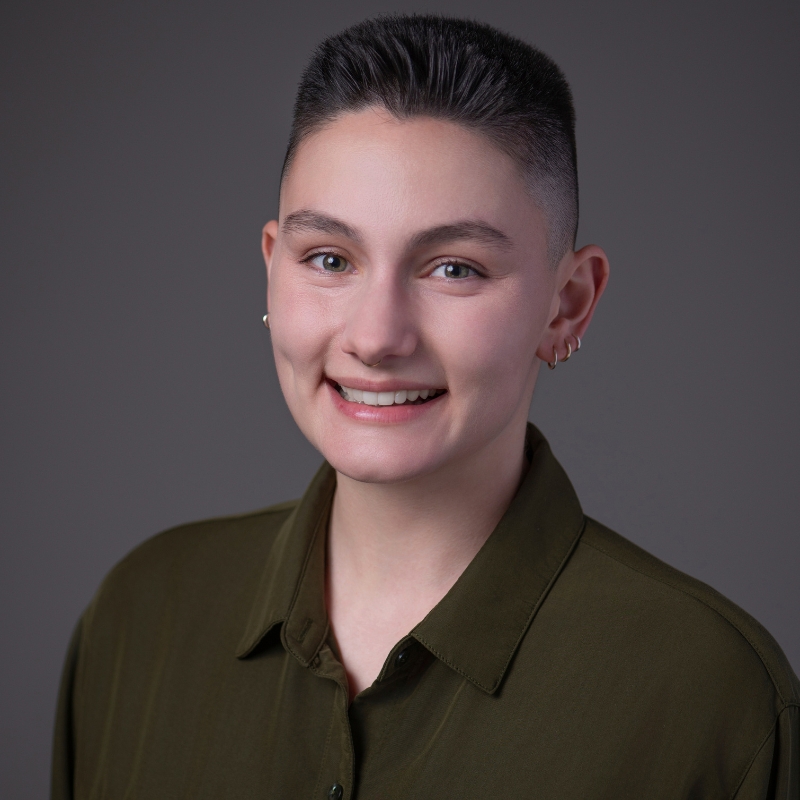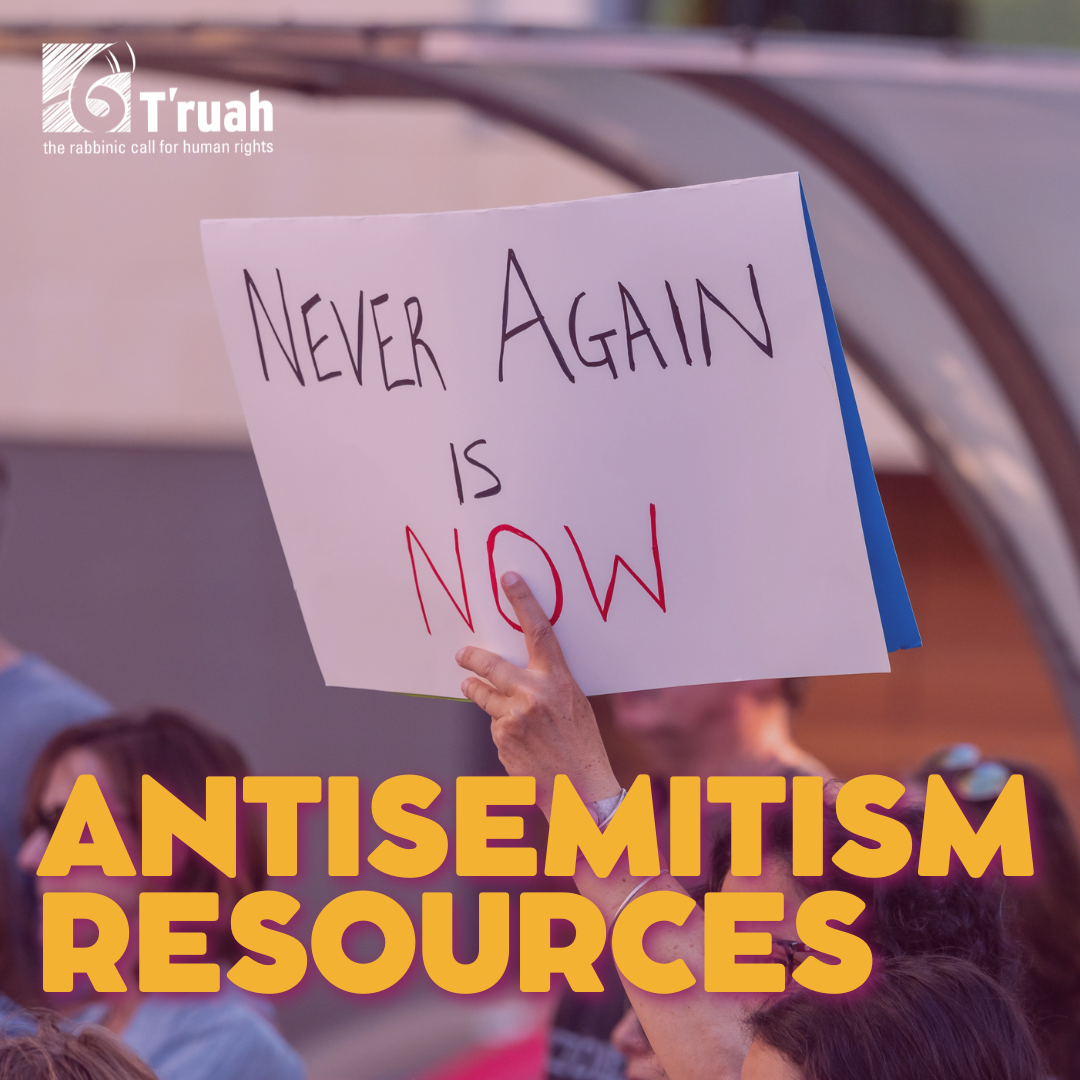Resources
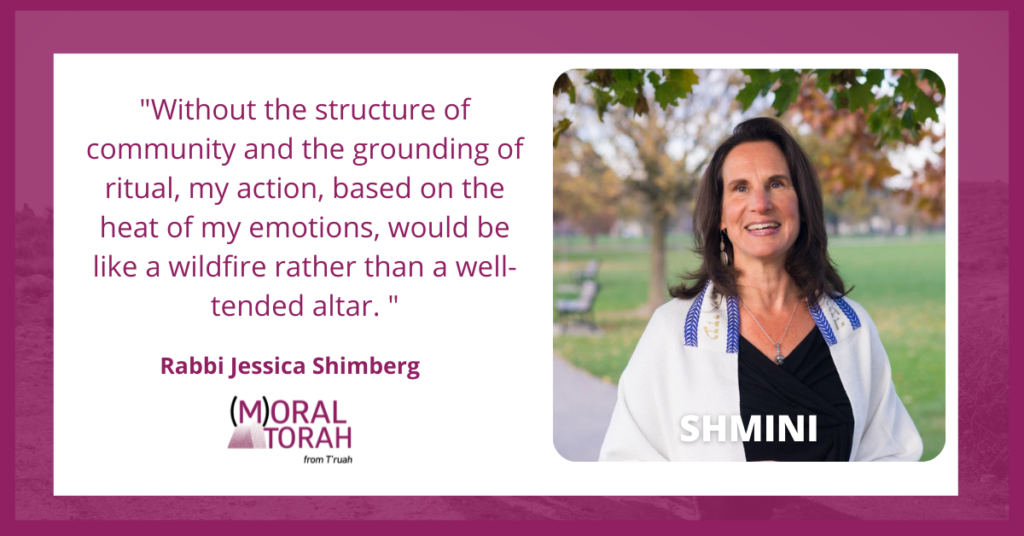
How Ritual Grounds Us For Activism
Without the structure of community and the grounding of ritual, my action, based on the heat of my emotions, would be like a wildfire rather than a well-tended altar.
more
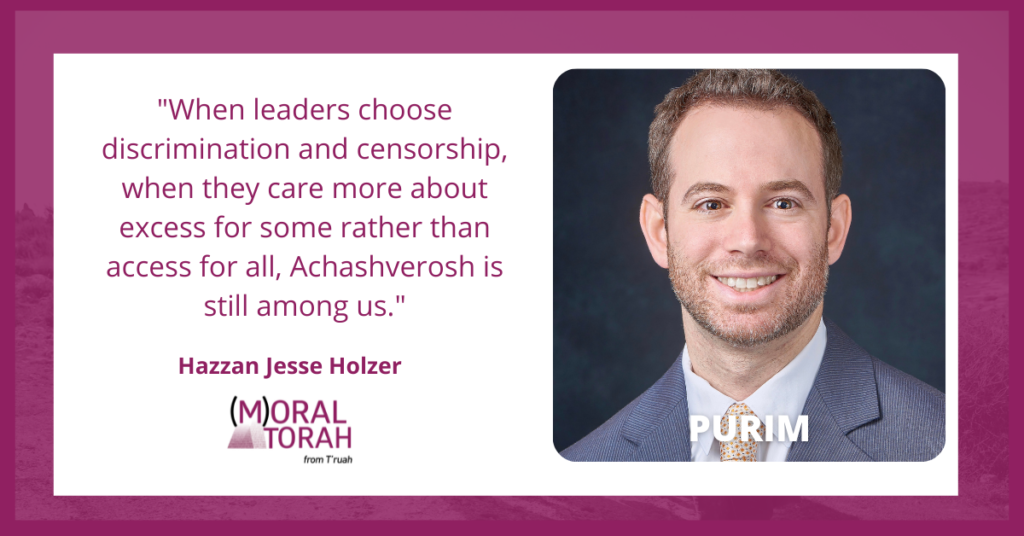
Resisting Unjust Edicts in Our Time
When leaders choose discrimination and censorship, when they care more about excess for some rather than access for all, Achashverosh is still among us.
more
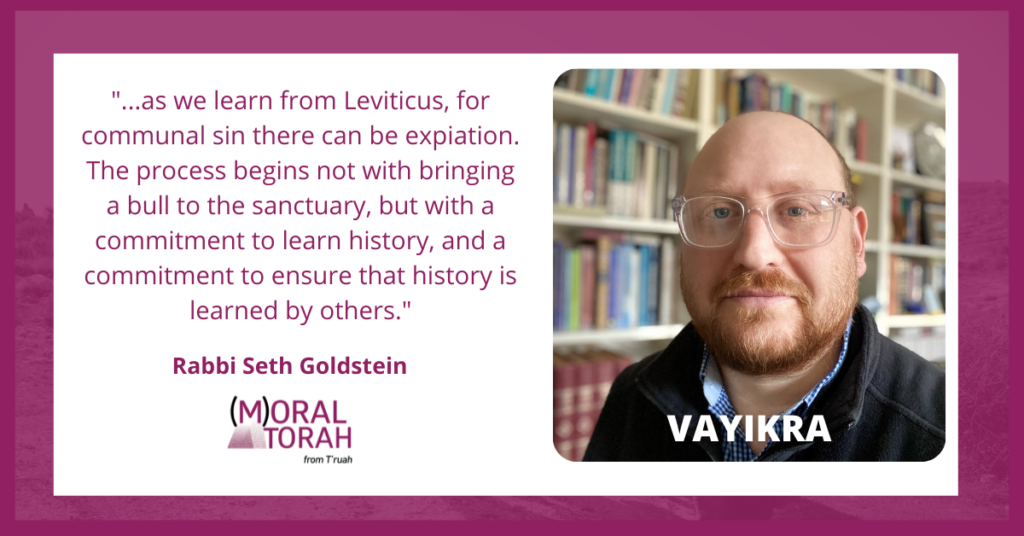
When the Entire Community Is Guilty
...as we learn from Leviticus, for communal sin there can be expiation. The process begins not with bringing a bull to the sanctuary, but with a commitment to learn history, and a commitment to ensure that history is learned by others.
more
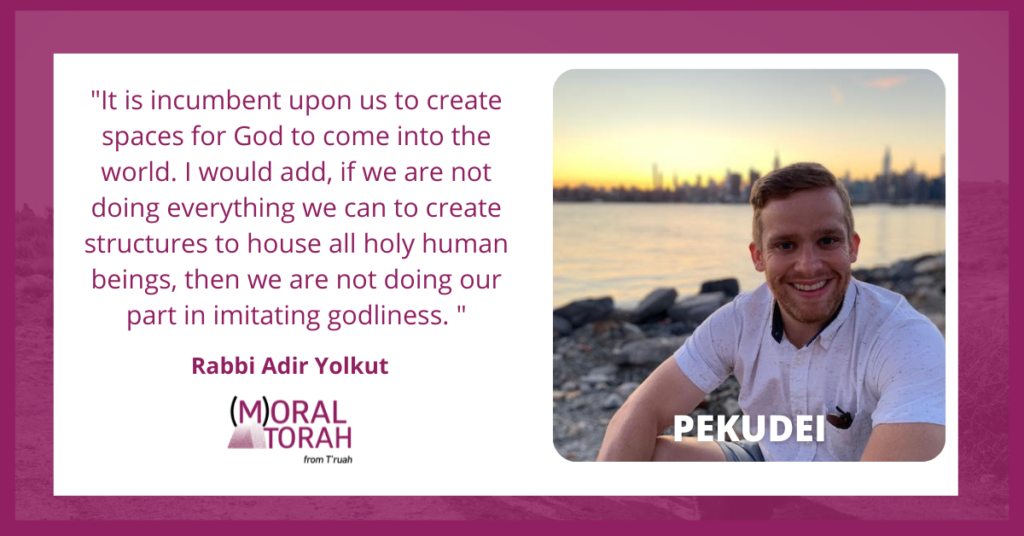
Building Structures to House All Images of God
It is incumbent upon us to create spaces for God to come into the world. I would add, if we are not doing everything we can to create structures to house all holy human beings, then we are not doing our part in imitating godliness.
more
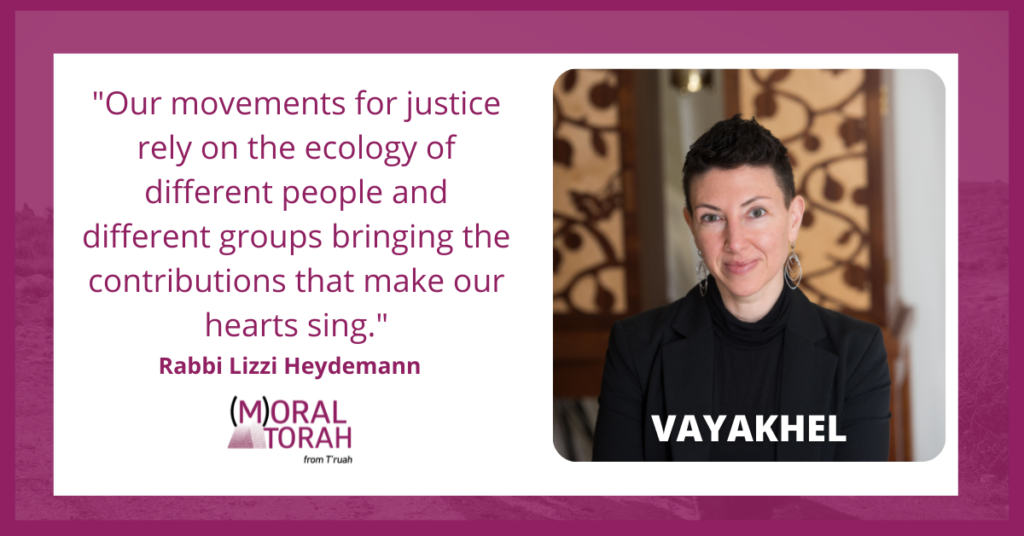
Building Mishkans Together
Our movements for justice rely on the ecology of different people and different groups bringing the contributions that make our hearts sing.
more
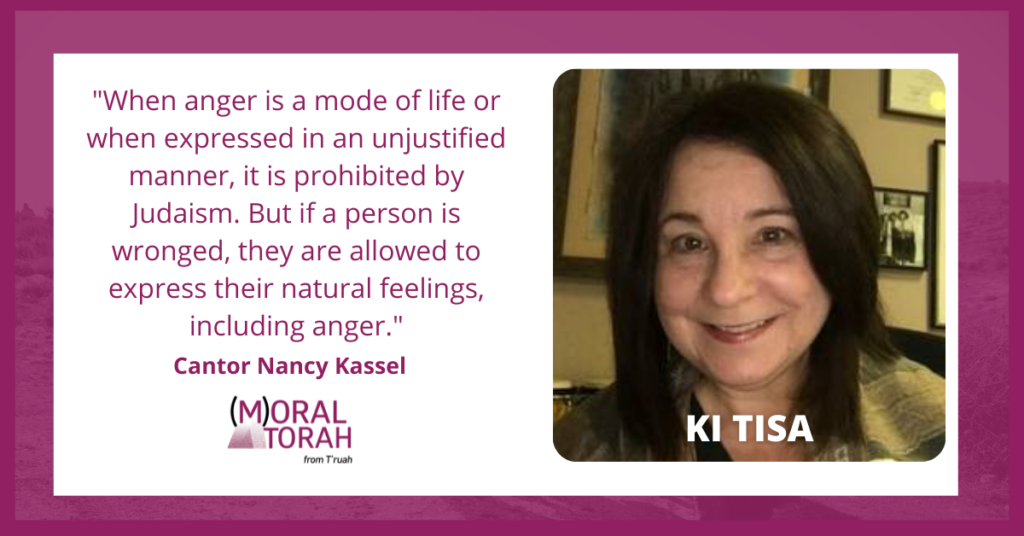
What’s “Anger” Got to Do With It?
When anger is a mode of life or when expressed in an unjustified manner, it is prohibited by Judaism. But if a person is wronged, they are allowed to express their natural feelings, including anger.
more
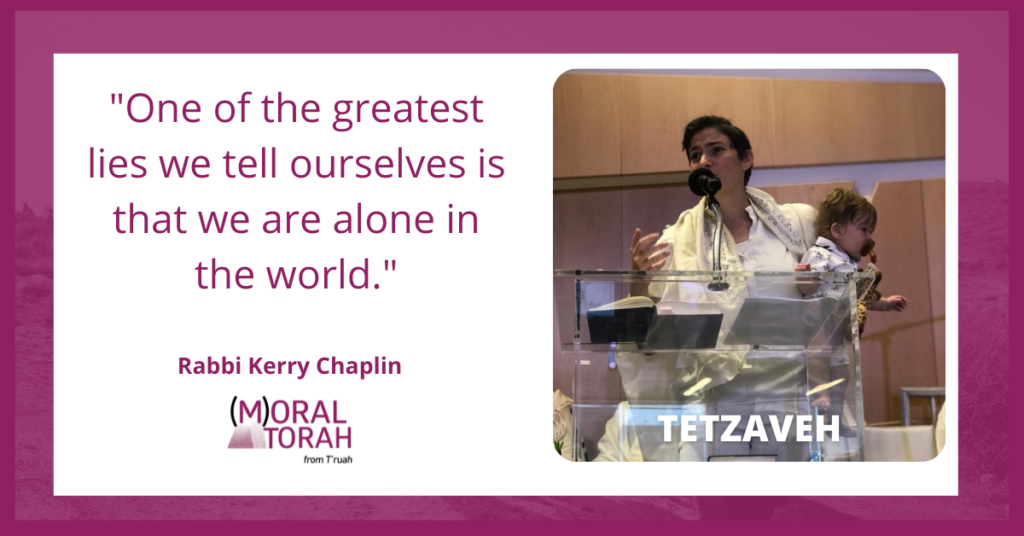
Yearning for Our Ner Tamid
One of the greatest lies we tell ourselves is that we are alone in the world. And we dedicated advocates for justice are, I think, especially guilty of that lie. The ner tamid is not lit by one person or only the most gifted among us.
more
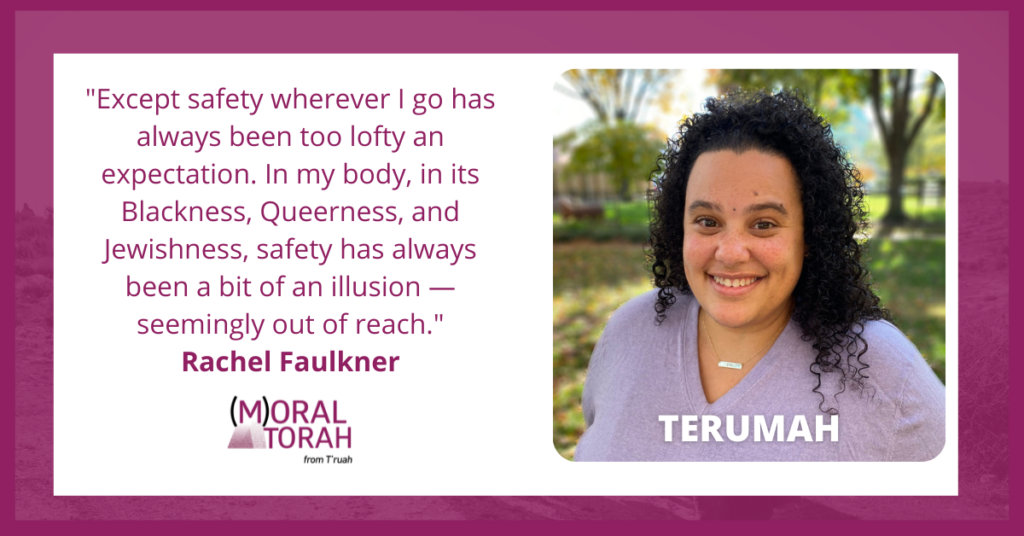
How to Make Jewish Sanctuaries Truly Safe
In this week’s portion, Terumah, Moses is given instructions for how to build a sanctuary.
more
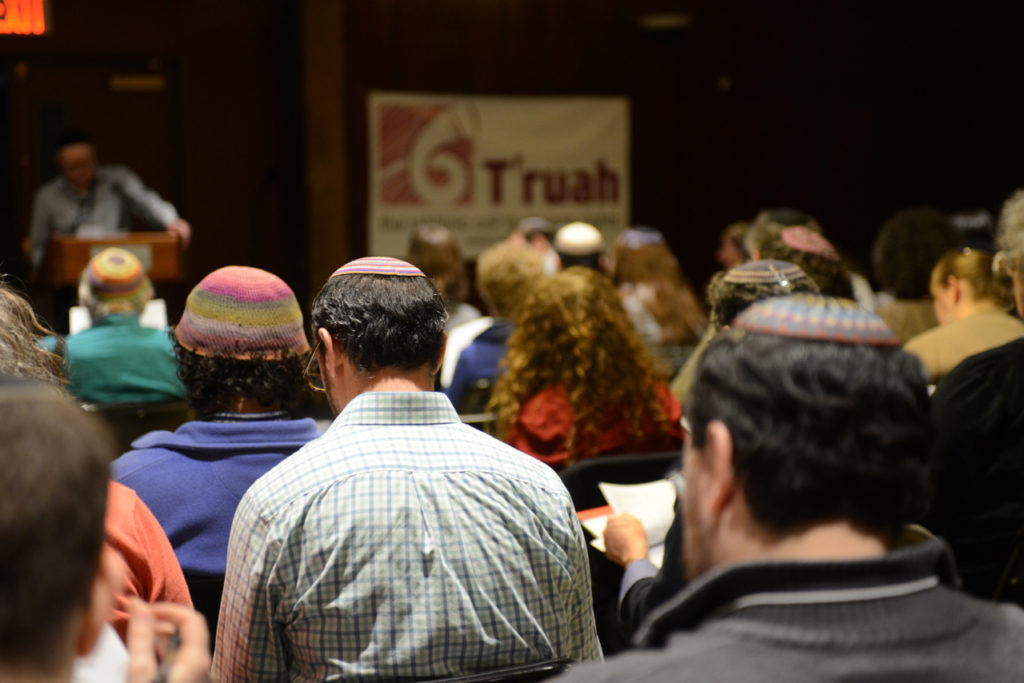
How to Use Our Very Brief Guide to Antisemitism
As a communal leader, here are some ways you can multiply the impact of our guide.
more
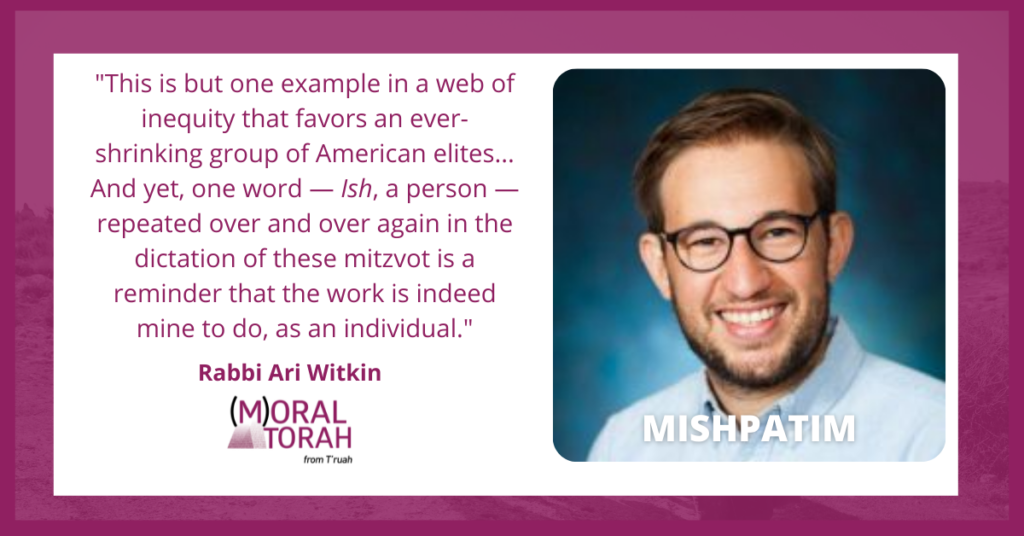
Favoring the Many, Not the Mighty
This is but one example in a web of inequity that favors an ever-shrinking group of American elites... And yet, one word — Ish, a person — repeated over and over again in the dictation of these mitzvot is a reminder that the work is indeed mine to do as an individual.
more

